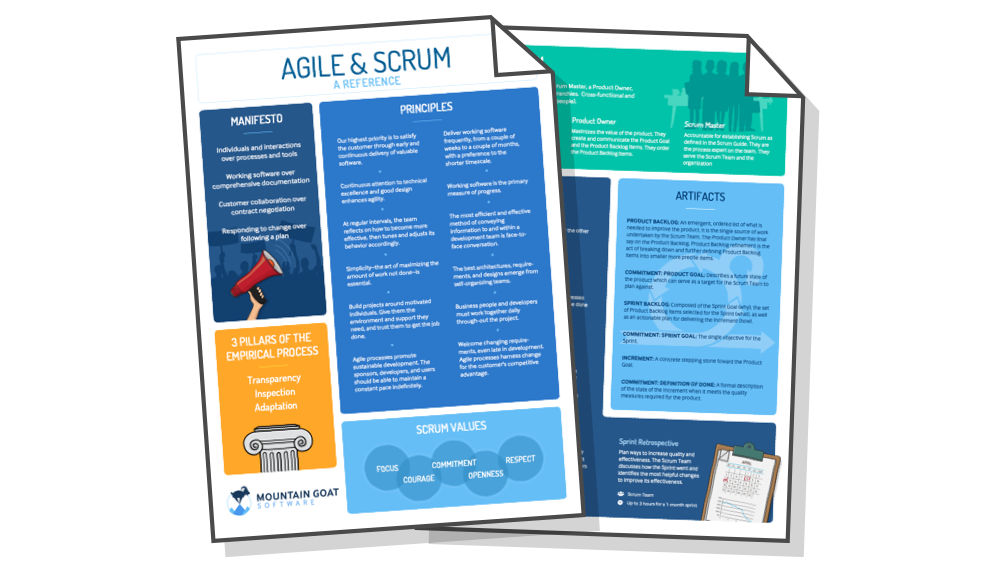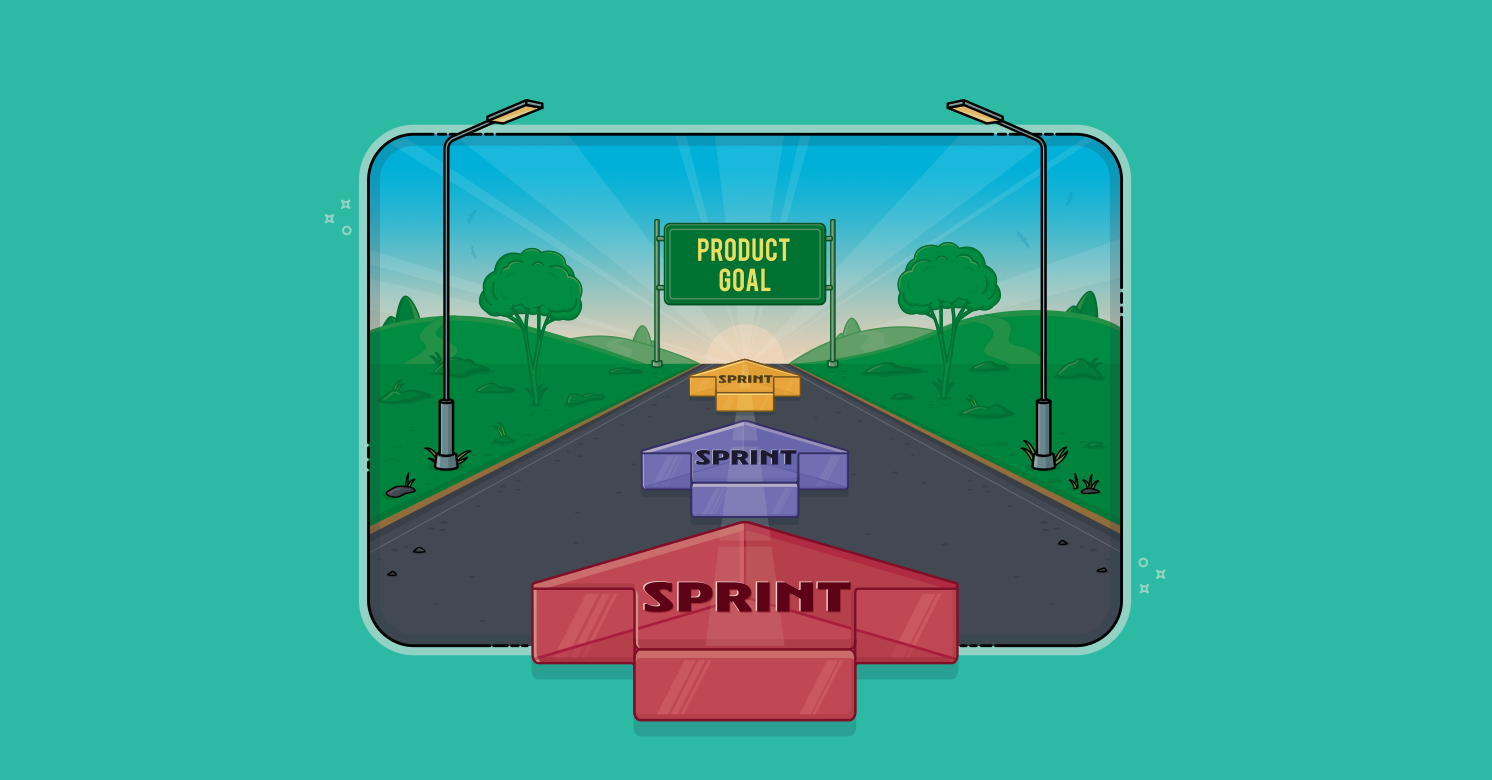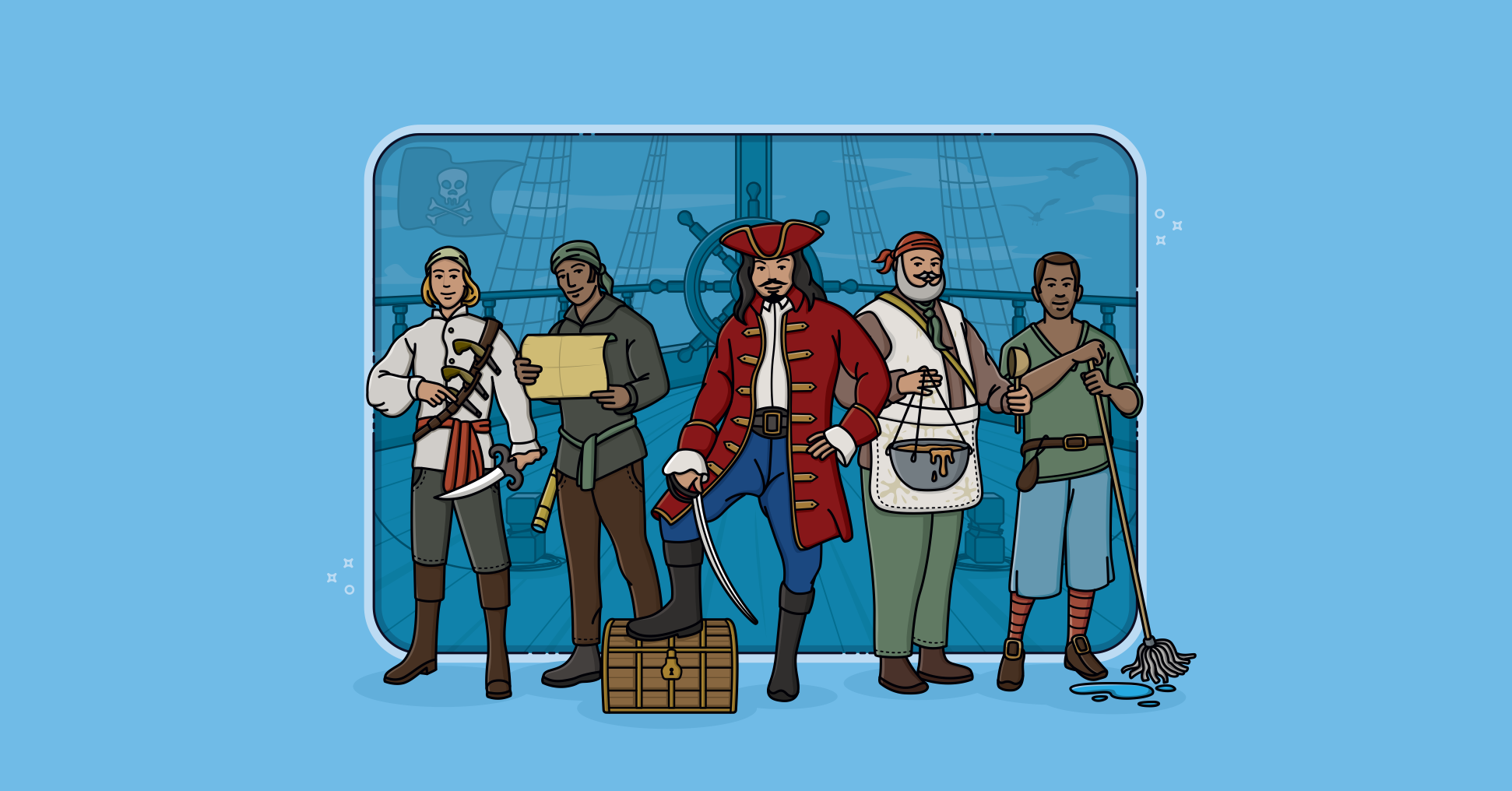In 2001, author Ray Bradbury gave a talk at the annual Writer’s Symposium by the Sea in San Diego. Fortunately for those of us who were not there, his speech was video recorded and is available.
Bradbury—the author of books such as Fahrenheit 451, The Martian Chronicles, Something Wicked This Way Comes—was offering advice to an audience mostly of aspiring writers. But I watched his speech recently and was struck by the appropriateness of Bradbury’s advice to those of us on agile project.
Early in his talk, Bradbury recommends that aspiring writers write short stories rather than novels. He says that writing a novel at the start of one’s career is a mistake because “you could spend a whole year writing one, and it might not turn out well because you haven’t learned to write yet.”
Bradbury advises instead writing “a hell of a lot of short stories,” suggesting writing one per week. He says “at the end of a year, you have 52 short stories, and I defy you to write 52 bad ones.”
It “can’t be done,” Bradbury jokes, saying that with that much practice, the aspiring writer will eventually come up with something good.
So I’ll go along with Bradbury, but instead of writing short stories, let’s put out new features. Let’s give our customers one release per week for the next year. And, like Bradbury, I defy you to put out 52 bad releases.
Sure, some of your releases will have things your users don’t want. You thought your users would want them, some minimal amount of research may have shown they would, but when you put that release out, you found out otherwise. What you can’t do, though, is put out 52 releases and fail to learn from them.
Like Bradbury’s aspiring writers, you’ll learn more about your customers, your product, and your team. And, like Ray Bradbury, that will help you find your bestseller.
Even if you don’t have time to listen to Bradbury’s full speech (it’s 54 minutes), listen to the first 6 minutes. He makes at least one other point very relevant to the short iterations of agile.
Last update: June 24th, 2024








